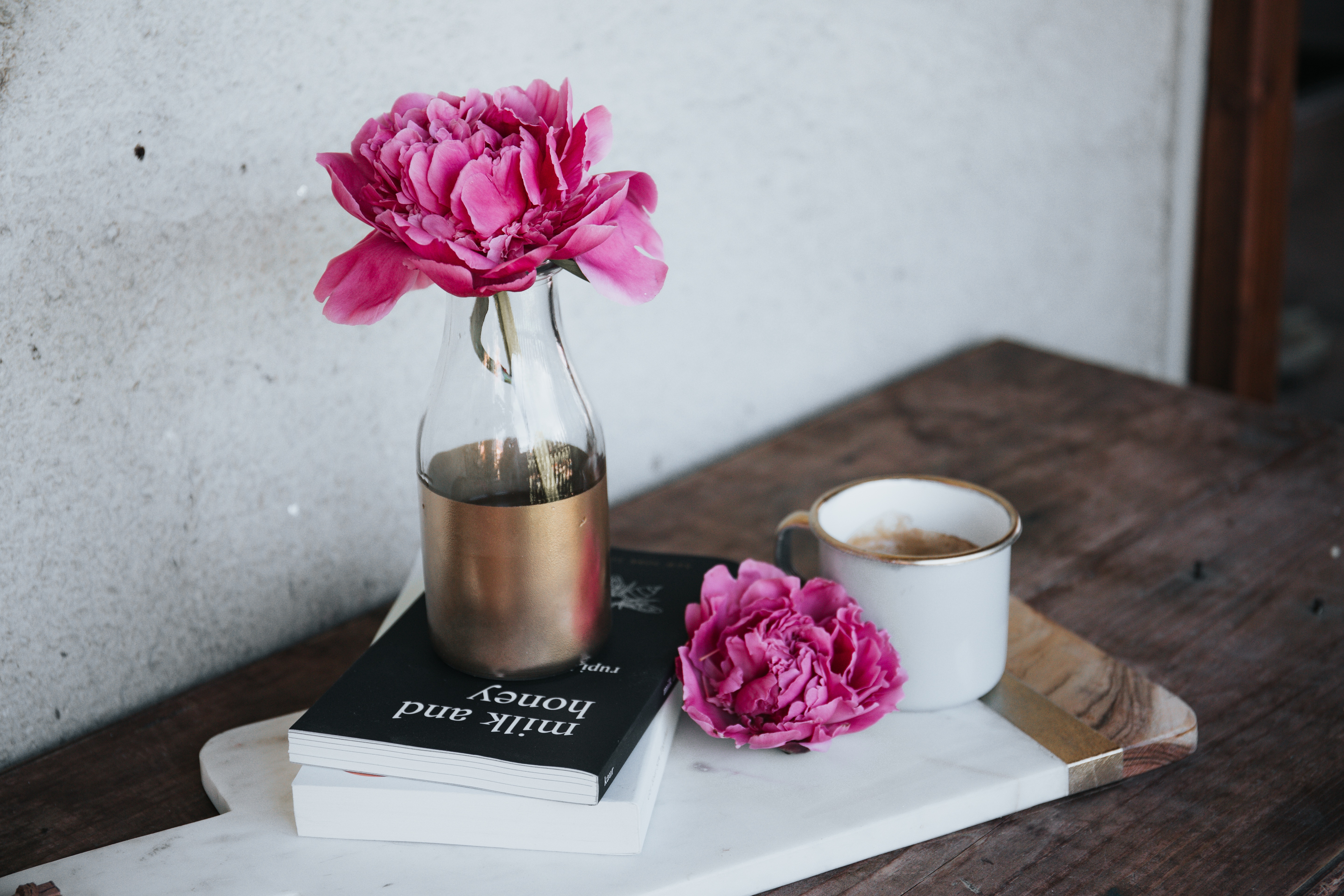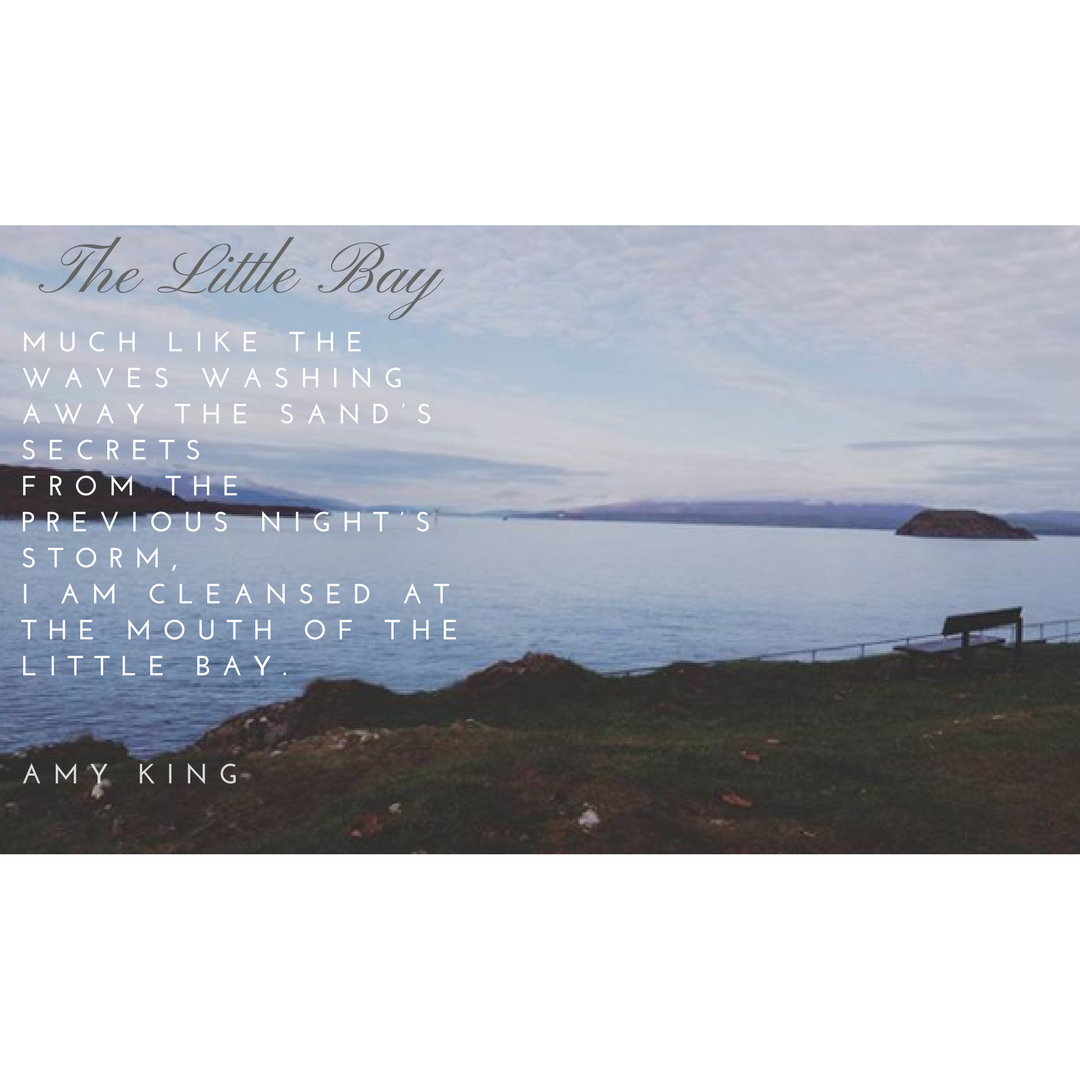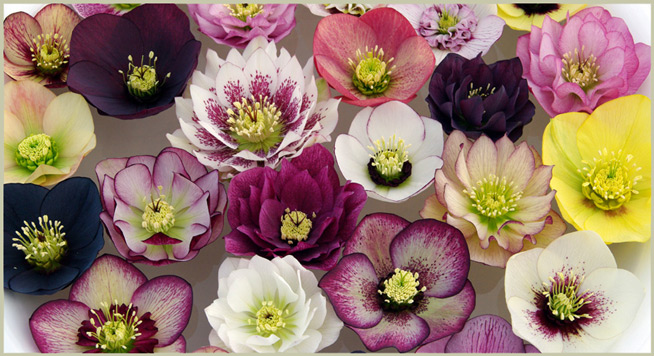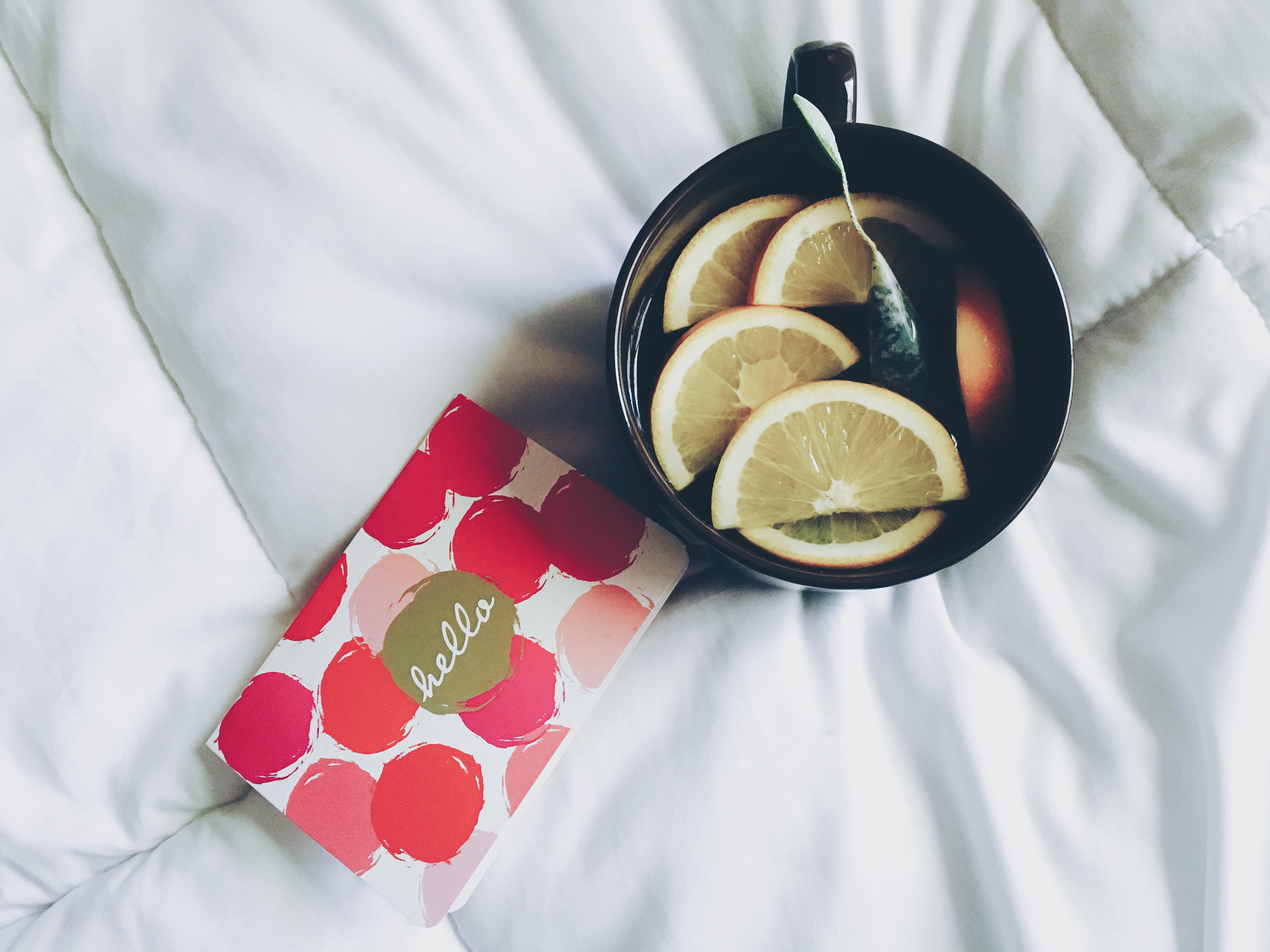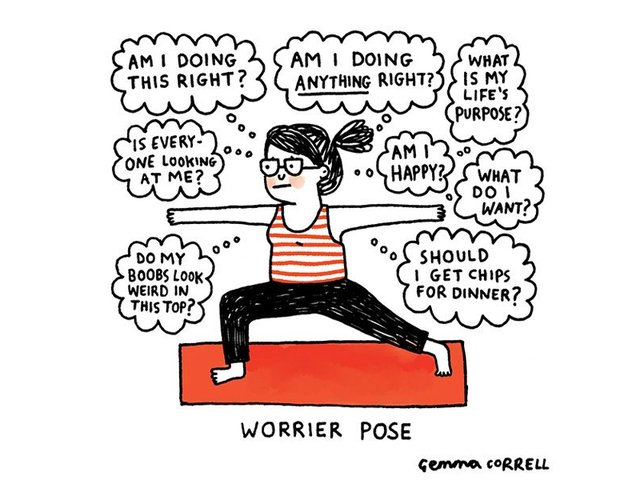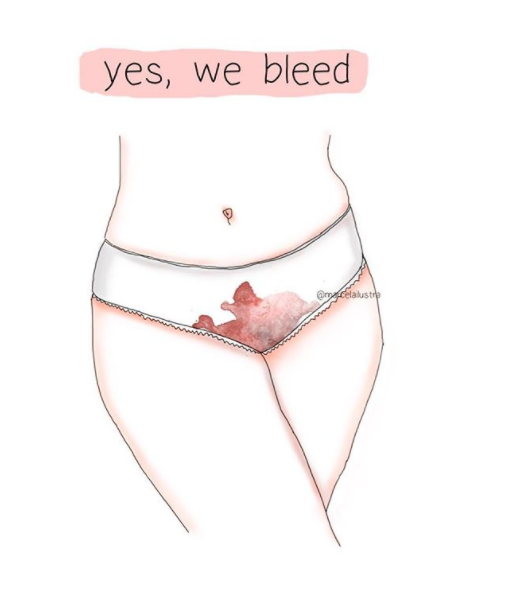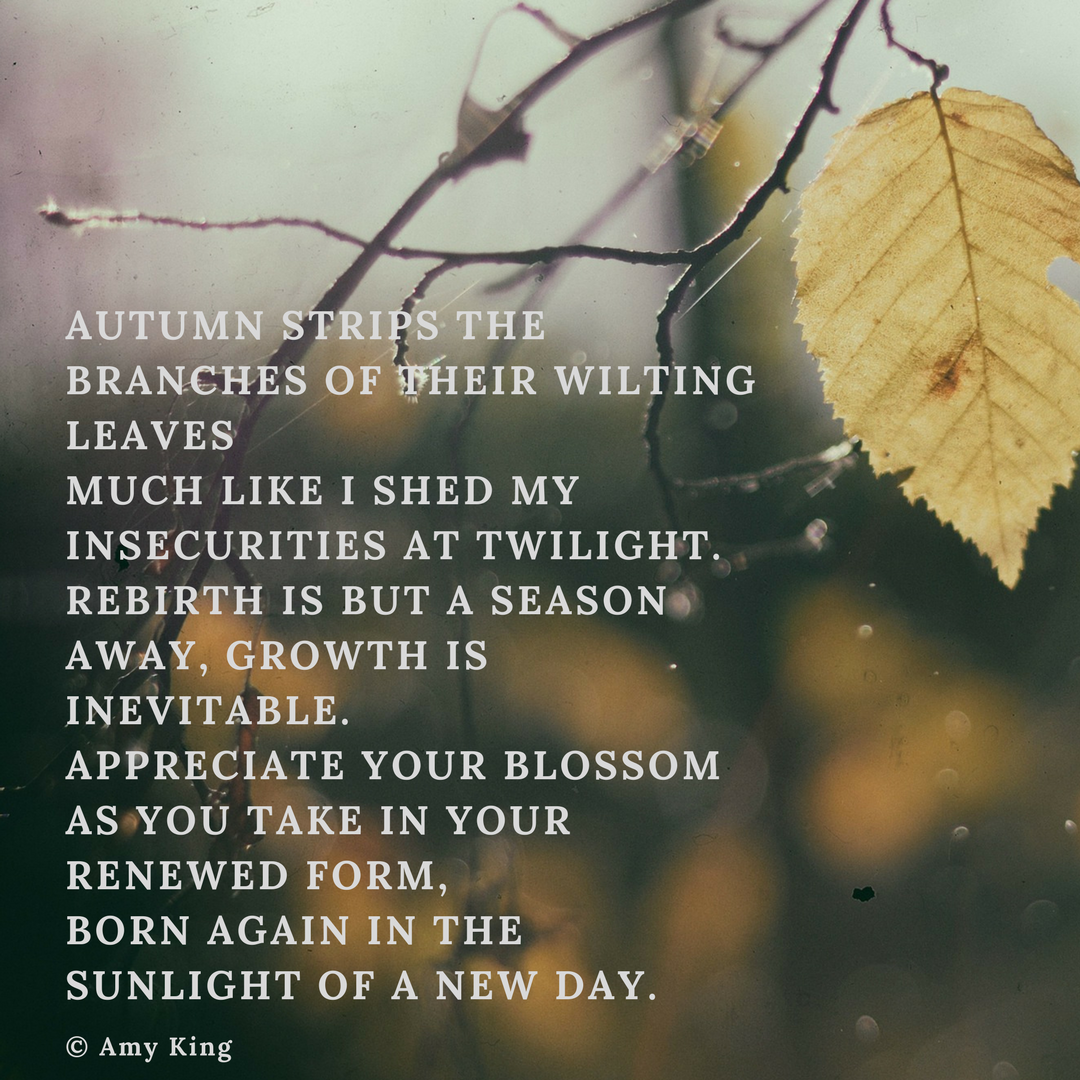
Playing with analogies at 3am – click to read
Lady Doritos? Seriously?
BREAKING NEWS: Women Are Too Complicated For Men
Do you ever read a headline and think it’s a hoax? Recently, I’ve been finding myself checking whether the publisher of articles is The Onion or Reductress, because separating fact from fiction is becoming increasingly difficult. Today was no exception when I was confronted with this headline:
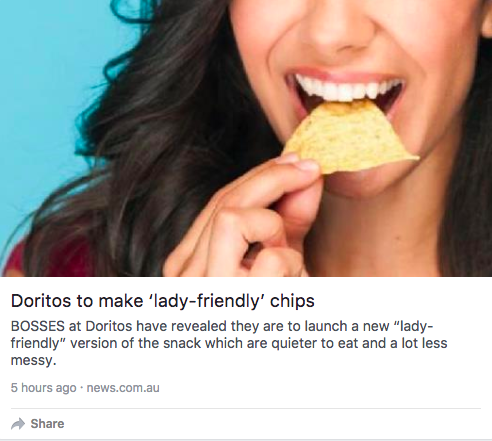
facepalm
It’s almost comical. Almost.
In trying to prove how complicated women are, Doritos have managed to make women out to be so simple.
You’d think brands might have learned by now that people find unnecessarily gendered products insulting. There seems to be no real point to it, unless you consider the company’s profit margins. All it seems to do is drive up the price of a product while “male” or gender-neutral counterpart. The cost of razors depends on whether you’re standing in the men’s aisle or the women’s, we pay more for tampons than condoms, and BIC found out the hard way that women don’t need their own pen.
This latest attempt by Doritos to make “lady-friendly” crisps that are quieter, less crumbly and “handbag” sized tells me three things:
- there were no women high up in the decision-making process at Doritos HQ
- the men behind this idea really don’t understand women
- sexism is alive and well
What’s the problem?
By creating this female version of the wonderous golden triangle snack, Doritos must have made several assumptions about women:
- women hate crumbs
- women’s handbags are too small/full of other things
- women dislike making noise/are embarrassed by loud eating sounds they make
- women, alone, take issue with the above problems (i.e. men don’t have the same relationship with a bag of Doritos)
While this blunder may seem somewhat insignificant, it’s only a snapshot of a bigger picture that represents the everyday sexism women face. When women are distilled down,minimised and stereotyped by brands to sell a particular product, a message is sent out to the masses that this is an acceptable way to view women. This kind of behaviour from brands also harms worthwhile activism by distracting the public from issues that matter. Rather than working with women to shed light on real issues like violence, poverty and trafficking, it perpetuates the notion that women are superficial and care more about perception and appearance than they do about the real problems we’re facing today.
This particular product from Doritos promotes the idea that women should be quiet, clean and endorses the “ladylike” shtick that women have been actively trying to shrug off for years. Ladylike is a term that is often used to stifle female expression – be that emotional, intellectual, creative or sexual. Thrown around when a woman’s actions lie outwith society’s restricted ideals of how a “proper” (read – oppressed) lady should behave, ladylike has long been used by the patriarchy to keep a handle on women and their acts of societal defiance.
It’s about damn time people started treating women as human and not as empty shells.
It is not a woman’s duty to shrink herself to satisfy the patriarchy’s ego and obsessive control issues.
A woman is not defined by her looks, her femininity or her ability to placate others.
When will society accept that women are complex, multifaceted and unique?
Why do brands continue to pedal antiquated ideas of what a woman should be or how she should behave?
Can we just get rid of the patriarchy already?
Personally, I’m pissed off because Doritos are one of my go-to snacks. I don’t want to be giving money to a company that values women so little. Then I’m reminded that most companies are the same and, like with ethical clothing brands, if I was to cut out all the businesses with crappy ethics I’d end up naked and hungry. Neither of those things are what I want.
What next, then? Well, for starters, keep making noise. Keep proving to these decision makers (regardless of gender) that you will be heard and your opinions matters. Keep rallying, writing, tweeting, sharing – use whatever tools you have in your belt. This is about so much more than those delicious corn triangles. This is about representation and forcing brands to gain a better understanding of half the human population (which would be easier if they were hiring more women to become those decision makers).
From now on, I’m asked why I choose to label myself a feminist, this Doritos debacle will be added to the laundry list of issues I have with how women are treated in society.
Oh, and Doritos? Next time you want to make a product for women, try asking them what they want first. It’s not as hard as Mel Gibson made it out to be.
The west coast sea has magical healing properties – click to read
My Winter Roses
In December, my Mum made me a window box for my Juliet balcony. It’s a beautiful box (and I’ve already put my order in for a second!), filled with hardy plants that will endure the icy Edinburgh wind this winter. Among the planted foliage, Mum gave me a winter rose. A beautiful evergreen perennial, it has blossomed five beautiful, stark white flowers during the snow flurries and windy winter days we’ve been having over the last two months.
There’s something stunningly poetic about the winter rose. It needs very little in the way of care. It actually reacts very badly to being overwatered, which I found out the hard way. The hellebore (check out the Latin/gardening knowledge Wikipedia has taught me) is happiest left to thrive on its own with a little help from the elements. It really loves the Edinburgh weather. My winter rose sits proudly among the greenery Mum planted, making the view from my sofa prettier, and providing me with the perfect analogy for my friendships.
Long distance friendship is hard. Long distance anything is hard. But with friends, there’s the worry that they’ll think you’ve forgotten or moved on or things have fizzled. It happens. Sometimes, though, you find people and with them it doesn’t matter how long you go without seeing them or speaking, you know they’re only ever a message away should you need their advice, support or stories.
Those friendships don’t need much – as life gets more hectic (which life tends to do), and keeping in touch regularly becomes more of an in-joke than a promise, it can be tricky to feel out where you stand with some people. Not your winter roses, though. Your friendships with those beauties will thrive regardless, even after long spells of no communication. The smallest gesture will mean a lot and the friendship will continue to blossom with the knowledge that your friend will be there anytime you need them – day or night, July or December.
I said this to a friend the other day and realised it applied to some other wonderful people who continue to support me, share their love and keep me smiling:
Good friendships don’t need constant tending to. They’re like winter roses – a little sprinkle of water is more than enough to keep them blooming, even on the coldest, darkest days.
Making heart palpitations prettier than they feel – click to read
Let’s Talk Consent
Before we get started, I’d just like to point out that this is a post about consent (obviously). It’s going to cover consent violations, including one of my own, but I’m going to do my absolute best to steer clear of any potentially triggering phrases or sexually based examples as much as possible. Please keep in mind though that, unfortunately, a lot of consent violations are sexual in nature. I’ll be as implicit as I can, but if you think this post might be triggering for you – don’t read it. Look after yourself first, please x
Right, so, consent. It’s something of a buzzword across all forms of media just now. Everyone’s talking about it, whether in relation to violation, enthusiasm or the “grey area” that exists around it. I thought I’d skip passing judgements on the bad guys (because I think we’re probably all in agreement that they’re bad) and focus on this tricksome issue of consent.
As a young woman who has been to clubs and bars in Scotland and abroad, I have first hand experience of consent violations. For the most part, these have been sexual in nature, but not always.
A few summers ago, I was leaving a club with a friend. That summer I had decided not to drink. My mental health had taken a hit and I was sure that excessive drinking would only be detrimental so I decided to have a dry summer. Granted, there were one or two occasions where I had a gin and tonic or two, but for the most part I stuck to my resolve (which, if you’ve been around Edinburgh during the Fringe, you’ll know to be no easy feat). A friend and I had gone out dancing and, on our way out of the club, I had my stomach grabbed by a man who I would guess to be in his thirties.
I cannot fully articulate how violated I felt in that moment. It still elicits an incredibly visceral reaction from me thinking about it today. It makes me want to shower in scalding hot water. It makes my skin crawl. It makes me feel vulnerable. This man not only grabbed the stomach of a 19 year old girl, but he did so and laughed.
At that time, I was 10 stone. I was wearing high waisted jeans and a crop top that displayed – at most – half an inch of midriff. Not that it should matter. But, for this man, it was enough of an invite to put his hands on my body and exploit my insecurities and vulnerabilities. Had I been drunk, I would probably not even remember this. But I was sober as a judge. I don’t exactly remember what happened next because I was enraged and embarrassed, but I know I was pulled up the stairs fast enough to stop me from swinging for the man or get into a yelling match.
This particular instance stands out for me because it was not inherently sexual in nature. Young women have been conditioned to brush off or defend against sexual harassment from men in a variety of settings, including the workplace, the street and clubs.
“Don’t wear this, don’t say that. Ladies sit with their knees together. Flirting has consequences. That tone will get you in trouble. Be one of the boys to keep them on your side. Put up with the sexual harassment or deal with hostility. Don’t ever expect respect.”
But this was something entirely new. This was a man, yes objectifying me, but finding it completely acceptable to put his hands on my belly and pinch my visible and covered skin between his fingers while laughing. It was invasive and it was far too intimate.
To this day, I think about that incident. It’s a driving factor for a lot of my conversations around feminism and my belief that we need to drill home the importance of consent and body autonomy and goddamn respect for women.
Why consent matters
Because humans have the basic right to choose. It’s that simple. This applies to all thing – law, shopping, GDPR (can you tell I work in marketing?), sex.
To be a little less facetious, consent is a hugely important part of human interaction. Consent helps identify boundaries in interpersonal relationships and is an agreement to do something. This agreement is usually verbal, but can also be granted through non-verbal cues, although this can cause issues with miscommunication.
A great quote I picked up from a website while doing some cursory research for this post summed up consent quite nicely:
Consent allows people to have more control over their decisions and their bodies, which makes people feel more comfortable in social encounters.
At the end of the day, consent is there to ensure the safety, wellbeing and happiness of everyone. By appreciating and looking for people’s consent, we create a culture that understands and respects the views, wants and needs of others while they do not infringe on our own experiences.
What is consent?
According to Merriam Webster online, consent is defined as:
v. to give assent or approval
Definitions of consent in particular situations do vary, though. The law is a great example of this. In America, for instance, individual states have identified different ages of consent to marry.
There are various phrases thrown around in various circles to refer to acts of giving consent, each with a slightly different situational meaning.
Informed consent
Most often found in medical situations (but also works for relationships – consider cheating), informed consent can only be given by an individual after they have reached a sufficient understanding of relevant information that would affect them. For a surgery, for example, informed consent is given after a patient fully understands what is going to happen.
Implied consent
This is an area where much of current debate around consent violations sit. Implied consent is consent which is not expressly granted, but instead implied by actions, circumstances or – as is often the case with the many victim blaming scenarios, inaction.
Explicit consent
Consent of this type has been expressly granted, verbally or written. This type of consent is still fallible, but certainly more likely to result in a happy outcome (as long as such explicit consent has not been coerced in some way).
Active consent
Some would argue this is a duplication: consent is itself an active thing.
Passive consent
The flipside to active consent, most would argue that consent cannot be passive, because to be passive means you have not consented.
Enthusiastic consent
Unless someone shows enthusiasm about a proposal, you cannot assume consent has been given. As my boyfriend pointed out – you don’t tend to go to a restaurant without everyone agreeing and being happy with the choice (there are, of course, fussy eaters and exceptions to this rule, but for simplicity’s sake, it’s a good analogy). Why should any sort of intimacy be treated differently from going to dinner?
Thoughts on consent
Jameela Jamil (goddess, actress and writer) wrote a great piece following the Aziz Ansari shitstorm that has been dividing the internet more than that blue/gold dress that had us all topsy turvy.
Anyway, Jameela is all about enthusiastic consent, and wraps my thoughts in a very neat bow with far more finesse than I ever could:
CONSENT SHOULDN’T BE THE GOLD STANDARD. That should be the basic foundation. Built upon that foundation should be fun, mutual passion, equal arousal, interest and enthusiasm. And it is any man or woman’s right at ANY time to stop, for whatever reason.
Preach it lady!
Final thoughts
Consent should not be so hard to understand. Someone broke it down for those of us who are tea drinkers in a rather nifty analogy video which, if you haven’t seen, is worth a watch (if only to make you thirsty).
We really need to change our approach to consent conversations. Starting with highlighting that no one will get it right 100% of the time. People will continue to miscommunicate as long as communication exists. That shouldn’t stop us from trying though.
Consent matters.
Give people the chance to choose for themselves. With a better understanding and ability to negotiate mutual consent, we might actually build a better society, including how we respond to victims of consent violations.
Wouldn’t that be something?
Anxiety – In Your Head?
In your head, in your head
Zombie, zombie, zombie-ie-ie
What’s in your head, in your head
Zombie, zombie, zombie-ie-ie, oh
I was really saddened by the passing of The Cranberries’ lead singer Dolores O’Riordan. Zombies was the theme tune of my adolescence.
It’s totally iconic and on listening to it the day after news broke that she had passed away, I laughed (somewhat ironically) at just how much more the song now resonated with me. More and more I’m seeing songs and films in a new light.
Mental illness has a way of revealing as much about the world as it cloaks in times of internal crisis. Go figure.
It’s all in your head…or is it?
I’m none too ashamed to admit just how ignorant I was about anxiety before it sunk its claws in me.
I thought it was a mental health issue. Turns out, that’s not the whole story.
While anxiety may be a psychological disorder, it manifests in a variety of ways – including a whole laundry list of physical symptoms.
I thought I’d go through some of the more common symptoms that I experience on a regular basis. This is by no means an exhaustive list, but it gives a pretty good insight into how anxiety can manifest in physical ways. For more information on symptoms of anxiety, I found the NHS website really useful.
Racing heart
You know in cartoons when a character falls in love and their heart is visibly beating out their chest? I feel like my heart is trying to do the same thing on a daily basis.
My most frequent symptom is a too-fast heartbeat. It’s uncomfortable, it triggers other physical symptoms and makes falling asleep incredibly difficult most nights. Heart palpitations can be really disconcerting, but when I’m calm enough, breathing exercises help to reduce the heaviness of each thud.
Insomnia or broken sleep
Anyone who knows me well will know how much I love my bed. My relationship with my duvet is sacred, if it doesn’t work out with Tam, I know that my second true love is ready and waiting. For me, not being able to sleep is one of the most frustrating parts of anxiety, and only feeds my anxiety further.
Trembling or shaking
This is one of the most disconcerting physical symptoms I experience. For me, this can be obvious shaking or it can be an internal trembling which is as unnerving as it sounds. The only way to describe it is that my chest, or sometimes my entire skeleton, feels like it’s vibrating.
It’s a horrible feeling and can make easy tasks like brushing my teeth, typing, or even just sitting still feel like a monumental effort.
Tension and muscle pains
I don’t think I realised just how tense my anxiety makes me until I started receiving monthly massages at work. Stuart is an absolute saviour for my poor back, neck and shoulders.
I have more knots in my shoulders than a game of Knots and Crosses. It’s painful, but the massages help.
As do regular baths to soothe my tense muscles.
Shortness of breath
When I’m in an anxiety spiral, it can be really difficult to catch my breath. Having asthma definitely doesn’t help. It’s another panic-induced symptom and it really sucks. I mean, all anxiety symptoms suck, but this one is particularly sucky. ASMR videos and guided meditation videos can be a quick fix, but other times it’s just a case of riding it out and reminding myself that it’ll calm down eventually.
You know how when you have a cold all you can do is think about all those times you didn’t have a cold and how easy it was to breathe? That’s kinda what it’s like when I’m short of breath with anxiety. Only it’s harder to remember what it was like being able to breathe. It’s more a case of PANIC STATIONS.
Excessive sweating
Not exactly attractive, but then neither is anxiety. When the panic rises and the thoughts start speeding like a runaway train, I start sweating. It makes me grumpy and super self-conscious which doesn’t help calm me down. It’s a physiological response to stress.
There’s not much I can do about it, except always carry a wee deodorant in my handbag and stay hydrated to help keep my body temperature regulated.
This list is far from exhaustive, and doesn’t even cover all of the physical symptoms I experience, but it gives you an idea of the sorts of things I deal with on a daily basis. Some days are worse than others, and some days I don’t have any symptoms at all.
Anxiety is no walk in the park. There are some handy tools and tips that can help make a bad day better, and a good day great! But, at the end of the day, I’ve found that the most important thing is to remember that anxiety is temporary. I will feel better, happier, stronger. And if that doesn’t work, a couple rounds of Heads, Shoulders, Knees and Toes or a load of star jumps makes everything a little more silly and a lot less scary.
If you’re struggling with anxiety, or any other mental illness, please reach out to someone you trust. Ask for support – you deserve it.
Oversharing? I Don’t Think So
Attention seeking?
I’m not shy when it comes to talking about my feelings (unless I’m in an anxiety-fuelled spiral, or that time when I spent months pretending I wasn’t head over heels for my boyfriend, but those are stories for another day). I’ll happily broadcast my thoughts, experiences and emotions for all to see on social media and my blog. I guess I wouldn’t have created this blog otherwise.
However, it seems to be something that makes some people uncomfortable. They don’t understand why I “overshare”. The assumption from a lot of these people is that I’m attention seeking. I’m often branded a “drama queen” (the jury’s still out on that one) and loud (guilty as charged). My openness has elicited more than a few eye rolls and shudders of discomfort.
I thought it might help to explain my reasons behind living like Gina Linetti – out loud.
I think I caught feelings
I wrote an article last year on the concept of “radical softness as a weapon“. If you haven’t read it yet, you should! Basically, the term is attributed to artist Lora Mathis who considers open and vocal emotional vulnerability to be a form of activism against our oppressive society which hampers emotional expression.
Radical softness is the idea that unapologetically sharing your emotions is a political move and a way to combat the societal idea that feelings are a sign of weakness.
Think about the weird relationship we have with our emotions. Sometimes we comfort those who are crying by telling them to “let it out”. At the same time, Britain is notorious for its Stiff Upper Lip mentality and emotionless approach to life. We’re squeamish about feelings. And heaven forbid a male displays any sort of emotion other than aggression – that’ll surely result in his sexuality being called into question. (I have HUGE problems with this behaviour, but again I’ll save my rant for another time). So boys don’t cry, but criers should let it all out, while never allowing emotion to rise and it’s unattractive for women to get angry (or sad, or political, or horny, or anything really, depending on who you’re talking to). Talk about mixed messages!
So, I’m challenging our collective societal discomfort and pushing myself – and maybe you – to question WHY we are so uncomfortable receiving an honest answer to possibly the most asked question around the world: “How are you?”.
#NoFilter
Another reason for my “radical softness” is that I don’t want to fall a further victim to filtering my entire life and only exhibiting the ‘good bits’. It’s unrealistic, unhealthy and unnecessary. Ignoring valid experiences and feelings like this feeds the poisonous train of thought that we somehow fail when we are unable to provide evidence of a happy, successful, fulfilled life. In reality, we all have our ups and downs. Mass media is pretty lacking in the realities of normal life – that includes the bad days, illness (mental or physical, but especially those that are invisible), and general quiet spells where nothing Insta-worthy occurs. We run the risk of manufacturing alternate realities for ourselves that coincide with our quiet, “unfulfilling” lives, which in turn breeds further malcontent as to how we view ourselves and use those around us as a benchmark for our own satisfaction.
I will continue to share my struggles and bad days. I will keep on showing the “unflattering angles”. Why? Because they happen. In being open about my fluctuating mental health among other things, I hope others realise that they are not alone in feeling down, anxious, low or in some way not good enough because their life doesn’t reflect what they see around them.
The truth is that social media can create further isolation, but has the potential to connect and unite people in ways that we rarely see offline.
I have bad days, just like you. In being open about mine, I’m taking a stand against the oppressive Stiff Upper Lip mentality, reaching out for help and support when it seems so difficult to ask for it and hopefully reassuring others that filtered lifestyles of social and mass media are exactly that – filtered.
That isn’t to say that I’m giving up my Valencia or dog filters. I still love me a good selfie, and Valencia raises my photos to the next level. I’m just trying to document my life as it happens and keep my feet planted firmly in reality.
#liveoutloud
Period Products
Beyond the pad
Today, I’d like to discuss periods, because they happen.
I’ve never really had a good experience with my period. I was a late starter and my first year’s worth of periods averaged a fortnight each time. Let me tell you, that’s a lot of blood.
Since I started the monthly cycle of doom back in high school, I’ve always used pads. I mentioned in a previous blog post that I tried a tampon once, but I found it uncomfortable and decided pads were the better option for me.
My last period was horrendous. I was curled up on the sofa, clutching a hot water bottle and being reduced to tears with every bout of cramps that hit me. My day’s plans were ruined and I was forced to seek comfort in piglet GIFs and watching Tam build Ikea furniture. Not a bad way to spend a Sunday, certainly, but a flea market and custard tarts would have been better.
So, while wallowing in this period pity party, I’d noticed that my sanitary pads were really irritating me. It’s something I’ve noticed more and more recently. I’ve lost 3 good pairs of knickers to blood stains thanks to pads that have slipped and I’m not willing to lose a fourth pair. Especially not the Disney Villains ones I’m wearing just now.
With that in mind, I decided to research alternative period products and see whether any of them might suit me. It turned out to be an interesting read, so I thought I’d share my findings with you!
The Menstrual Cup
First up is the menstrual cup. According to WebMD, they’ve actually been around since the 30s, but only recently became more popular (thanks social media!). Much like the name suggests, it’s a small cup that you insert to catch your blood flow during your period. They’re usually made of silicone or latex rubber (so if you have allergies, there’s an alternative option for you!) and they’re pretty neat!
Most menstrual cups are reusable, so they’re fantastic for the environment. They’re also able to be kept in for up to 12 hours (unlike your pad or tampon which need to be changed more regularly), so you won’t be caught out at work by forgetting to pack a couple spares in your bag. You’re also far less likely to suffer from Toxic Shock Syndrome using a menstrual cup than a tampon, which is a huge plus!
Menstrual cups do take a bit of trial and error to find one that fits. Just like condoms, menstrual cups are not one size fits all. They are generally categorised by age, flow and whether you’ve had a child. And if you’re squeamish and get grossed out if the slightest drop of blood hits you as you’re fixing yourself up down below, you may want to stay away from the cup. The clean up and rinsing can be messy. Some menstrual cup makers warn against use if you have an IUD, but according to WebMD a study was carried out in 2012 which found no evidence of a problem. If you’re worried, chat to your GP!
The cup interests me. I know there has recently been a huge push in providing them in impoverished communities and those where periods are currently taboo and a lack of education is causing danger to those who have them. I think I’m going to give this one a shot!
Period Pants
I’m fascinated by the concept of period pants. While I don’t think free bleeding is a viable option for me, the thought of not having my nether regions encumbered by plastic or cotton wool or rubber sounds too good to be true!
At their core, period pants are ultra-absorbent and anti-bacterial so you can wear them all day long. There are lots of brands out there, but I’m most interested in Thinx. They provide multiple shape options for the comfiest knickers that suit your flow.
Reusable, wallet-friendly in the long run and so much better for the environment than any throwaway products currently on the market, I’m totally sold on period pants!
The Menstrual Disc
It looks a bit like a condom, and to be honest it’s not that far off one. The soft cup has a rubber ring at the end and is another insertable product. This fantastic blog post from The Flex Company (they sell menstrual discs in the UK) explains the differences between menstrual discs and menstrual cups really well – I’d recommend a read!
Menstrual discs hold the equivalent volume of blood as three super tampons, and last up to 12 hours before needing emptied. This makes them convenient for those who suffer a heavy flow and a hectic schedule. They do have to be thrown away, but they create less waste than tampons or pads because they last longer.
The huge benefit of the menstrual disc, which for many women is a huge selling point, is the fact that the menstrual dics lets you have mess-free sex while you’re on your period! For a huge number of women, the horn factor is amplified tenfold while they are on their periods. Period sex can be messy at best, and resemble an outtake from Carrie at worst.
This product revolutionises and encourages women to embrace their sexuality at a time where they’re more likely to want sex, but feel like it’s not a viable option. As a sex positive person, this gives the product huge bonus points in my book!
I’m unsure whether this product is for me because I’m not so keen on insertable period products. My cramps are bad enough and I don’t want to exacerbate them by pushing and prodding my poor downstairs unnecessarily. However, I’ll probably try it out for science.
The Sea Sponge
Sounds like a squelchy critter from the depths of the ocean, and to be honest it’s not far off! They do come from the sea and they’re a great natural alternative to a tampon. They absorb the flow and can be rinsed and reused (they last 6-12 months), so they’re an affordable option as well.
Sea sponge converts really rate them. They’re apparently more comfortable and absorbent than regular tampons, they’re more eco-friendly and they’re free from bleaching (unlike tampons). What’s not to love?
According to Dr Jen Gunter, a lot.
Sea sponges have not received much in the way of testing. Prompted by an article in Glamour highlighting sea sponges as a great alternative (which is where I first came across them), Dr Gunter felt obliged to do some myth busting.
Sea sponges aren’t “like” bath sponges they ARE bath sponges…they are untested and potentially very unsafe. Oh yeah, they are also filled with dirt.
The concerns about sponges were so significant the FDA contacted the manufacturers of menstrual sponges to warn them of the risks and to require they stop marketing and selling the products.
Yikes.
So as pretty as they can look, and as much as they might answer the age old question of how mermaids deal with their periods, I think I’ll stay away from them for now.
Flow, blood, flow
I’m excited to do some more research and get buying some new products to try out! I’ll be sure to write a review post in the New Year once I’ve had a chance to test drive them and form opinions on how they fit with my lifestyle (and my body!).
In the meantime, I guess I’ll just have to hope the period gods are kinder to me and let up on the unbearable cramps and heavy flow.
Bleed on, dear friends, bleed on.

